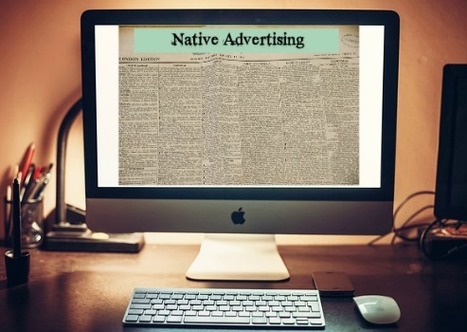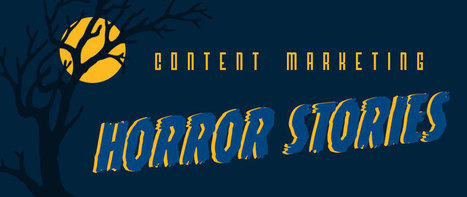The nonprofit Online Trust Alliance (OTA) on Wednesday conducted a study that found 71% of native ads on top media sites fail to offer adequate labeling, transparency, and complete consumer disclosure.
This is a blow to the native ad/branded content business and should be a wake-up call for publishers and content studios.
The study, an analysis of native ads on the top 100 news websites, found that 71% earned failing scores for disclosures, delineation, and discoverability. The bottom line: The sites didn’t offer consumers the ability to easily discern pure editorial from ads.
As most readers of this column know, native advertising refers to Web site content that’s funded and produced outside the publisher’s editorial review or influence, yet is designed to appear similar to editorial on that site. As the OTA mentions, “this illustrates the tension -- paid for and controlled separately, but presented in a way to appear as editorial. The potential for audience confusion or misinterpretation is obvious, and the rapid rise in the deployment of native has already prompted concerns from advocates, media and regulators.”...
“While the industry looks at native advertising as the holy grail to drive new revenues, they are failing to address the long-term issue. With 71% of native ads failing to pass the consumer transparency acid test, this report should be a wake-up call to the industry. Inaction is not an option. Conversely, providing these concrete examples and recommendations helps advertisers, networks and publishers in moving forward,” Craig Spiezle, executive director at the Online Trust Alliance, told Native Insider via email.

|
Scooped by Jeff Domansky |
No comment yet.
Sign up to comment



 Your new post is loading...
Your new post is loading...











Research shows a huge shortfall in native advertising transparency by advertisers. No excuses for this lack of integrity by marketers.